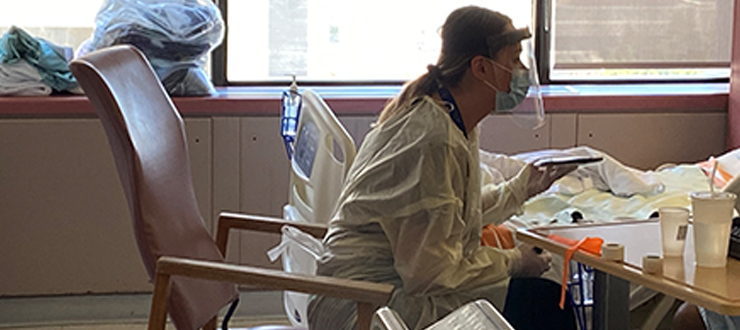
Social Worker Brianna Beck held a tablet for a patient in the hospital’s COVID-19 isolation unit to video chat with their family.
Thanks to a tablet, Sandra Deevy was ‘virtually’ at her dying mother’s bedside. She couldn’t physically be with her because her mother was receiving care in the COVID-19 isolation unit at The Ottawa Hospital.
“To be honest, I wasn’t sure I wanted to do that—video chat with the tablet—not for my last memory. But I’m so glad I did,” said Sandra. “I did still get to see my mom, and most importantly to tell her we love her and to be comfortable and peaceful. That was so important.”
In mid-March, The Ottawa Hospital converted the surgery unit at the General Campus to the unit where patients with COVID-19 are admitted. Along with all other hospitals in Ontario, it implemented a restricted visitor policy to help prevent the spread of the virus. Under normal circumstances, patients would have family coming in to visit. Now, the visitor policy allows one in-person visitor on compassionate grounds only, including when a patient is close to end of life.
The COVID-19 unit at the hospital follows Infection Prevention and Control measures. This means that anyone who enters the room must wear personal protective equipment (PPE): gloves, gowns, masks, and plexiglass visors. Although necessary, the PPE can make it harder for the staff and patients to connect on a personal level. Still, staff feel a great deal of sympathy for patients and families who are affected by the situation.
“We feel terrible for these patients without their loved ones here,” said Jan Leahy, Clinical Manager of Thoracic Surgery, ENT, Respirology—now the COVID-19 unit. “You can imagine if you haven’t seen your mother for six weeks, you want to see and talk to them.”
The Ottawa Hospital launched the COVID-19 Ideas Hub, asking employees for suggestions that could help the hospital continue to provide world-class care while keeping patients safe. A number of people, including nurses in the COVID-19 unit, suggested patients connect with family and friends using tablets. In an era where most people are already digitally connected, this made sense.
The process is relatively straight forward. A staff member such as a nurse or social worker will bring the tablet to the patient and connect them to their loved one’s device for a video conversation. Seeing each other is often better than a phone call.
“We’ve had patients who are COVID positive and are able to speak and talk to their families,” said Leahy. “We’ve also had patients who were dying. And we set up the tablets so the family could spend time with them in their last hours.”
In the case of Sandra’s 90-year-old mother, Joan Khan, Registered Nurse Brian Eng gowned up with PPE, put the tablet in a Ziploc bag and went into Joan’s room.
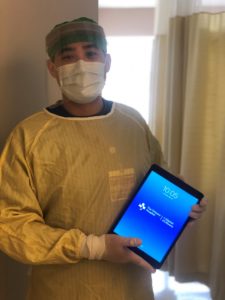
“At first, I thought it would be kind of challenging to use the tablet with all the equipment on,” said Eng. “But having done it twice now, you start to see how impactful it is to the family to have that opportunity because they can’t be there in person. At least they can digitally be there.”
Joan was lying down. Eng held the tablet so Joan could comfortably see the screen. Sandra was pleased to see her mother wearing her own pink nightgown instead of a hospital gown. She knew her mother was being well taken care of.
“It’s a nice feeling to be able to bridge that connection, despite mileage,” said Eng. “Sandra could still have that one last moment, or talk, with her mom.”
Leahy agreed with Eng that it is a good way for patients to connect during this COVID-19 pandemic. In the future, it will also be a good option for people to connect when family members are far away and can’t be at their loved one’s bedside.
“It was the second-best thing to being there,” Sandra said about her video chat with her mother. “I wouldn’t say or do anything any different than I did on the tablet—other than giving her a hug, of course.”

Support patient care and research at
The Ottawa Hospital
You might also like…
New radiation machine targets cancer with pinpoint accuracy — even as the tumour moves during treatment
“We can deliver a radiation treatment that’s exactly personalized for the patient on that day.” The Ottawa Hospital Cancer Centre is now one of the first in Canada to acquire the state-of-the-art MR-Linac radiation therapy system.
Watch: Princess Margriet of the Netherlands sent us this lovely video message for the Civic’s 100th anniversary
If you’ve ever wondered why tulips are so important to our city, the answer involves a world war, a royal family and The Ottawa Hospital’s Civic Campus. In this special video message, Her Royal Highness Princess Margriet of the Netherlands shares why the tulip is a special symbol of the endearing friendship between her country and Canada.
A volunteer program that taps into the power of music
Studies have shown that music can benefit the body, mind, relationships and community. Musical Moments is a program where volunteers play live music to support positive outcomes for patients, visitors and staff.
We’ve got you covered: The Ottawa Hospital now offers bandages for a variety of skin tones
Whenever you’ve scraped your knee or had your blood drawn, odds are your bandage was the same colour every time. Peach has been the default hue for over a century — but no longer at The Ottawa Hospital.
New gender-affirming surgery clinic now accepting patients
The Ottawa Hospital’s new gender-affirming surgery clinic is truly one of a kind. Launched in September 2023, it’s the only clinic in Ontario to offer trans and non-binary patients facial, top and bottom procedures. Plastic Surgeon Dr. Nicholas Cormier and his team are happy to announce that they are now accepting patient referrals from physicians.
Patient gifts a piece of home to Indigenous Cancer Program
Inuit patients can now see and hold a piece of their traditional territory in the Windòcàge Room at the General Campus, thanks to an interactive gift donated to The Ottawa Hospital by a cancer patient.


 To reset, hold the Ctrl key, then press 0.
To reset, hold the Ctrl key, then press 0.
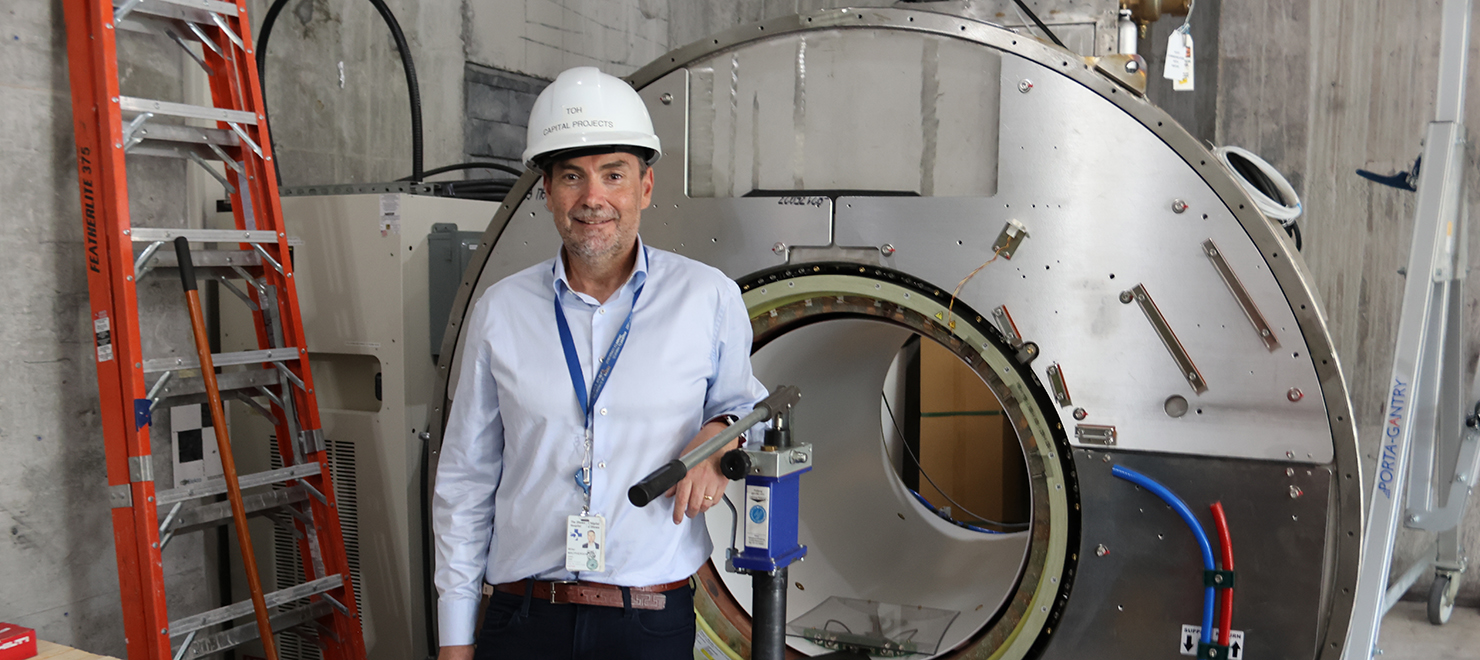
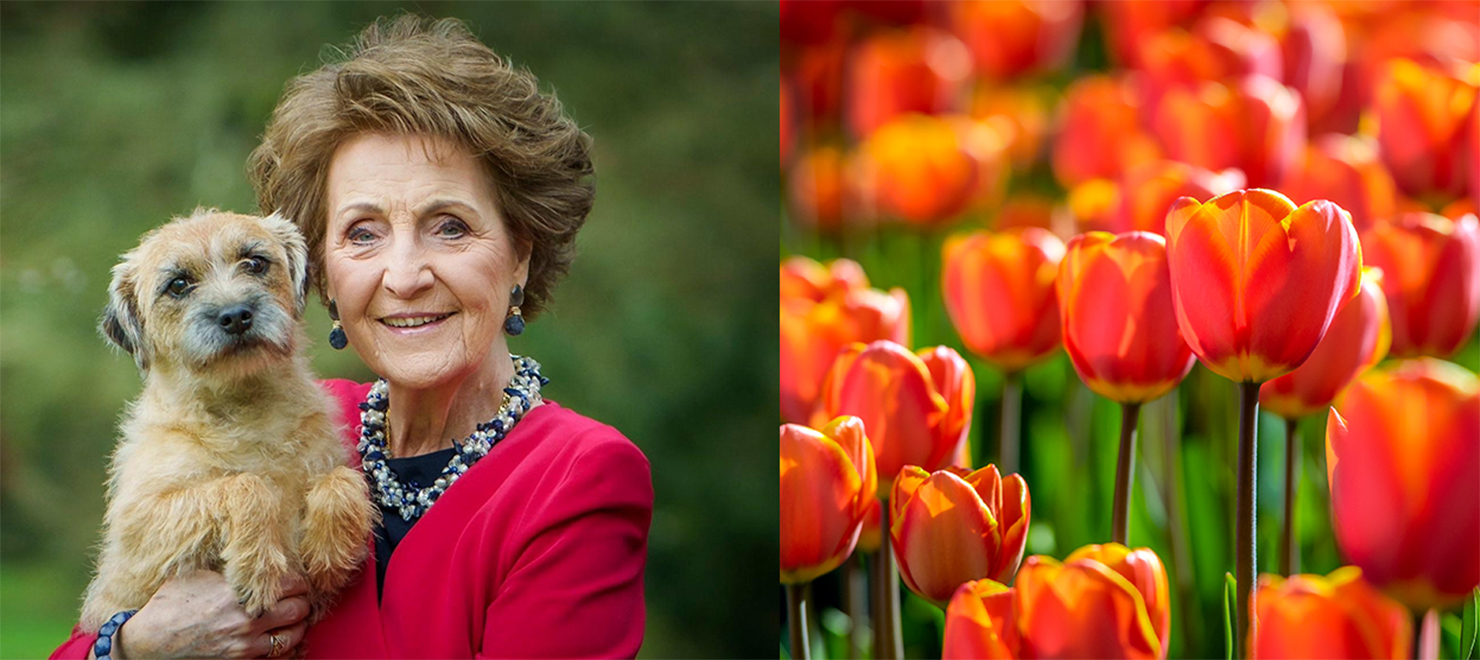
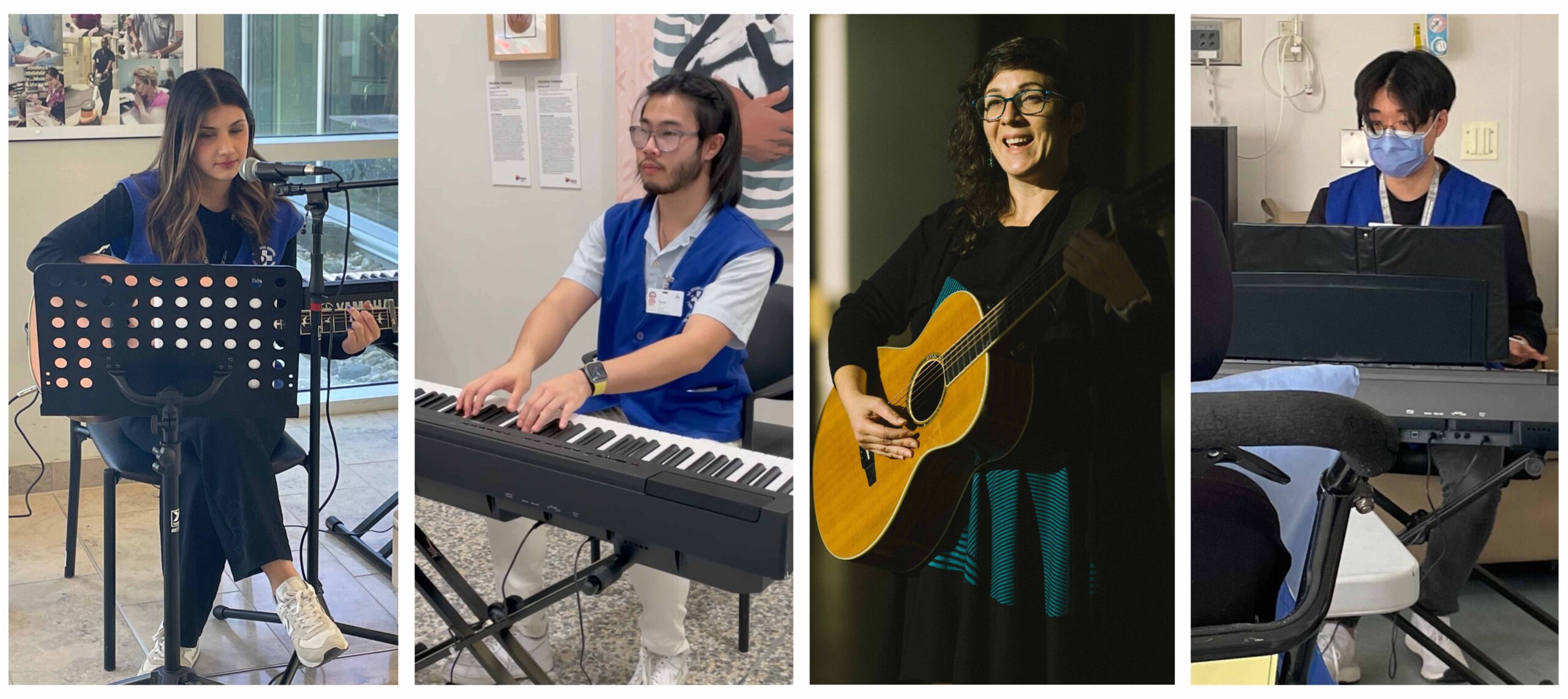
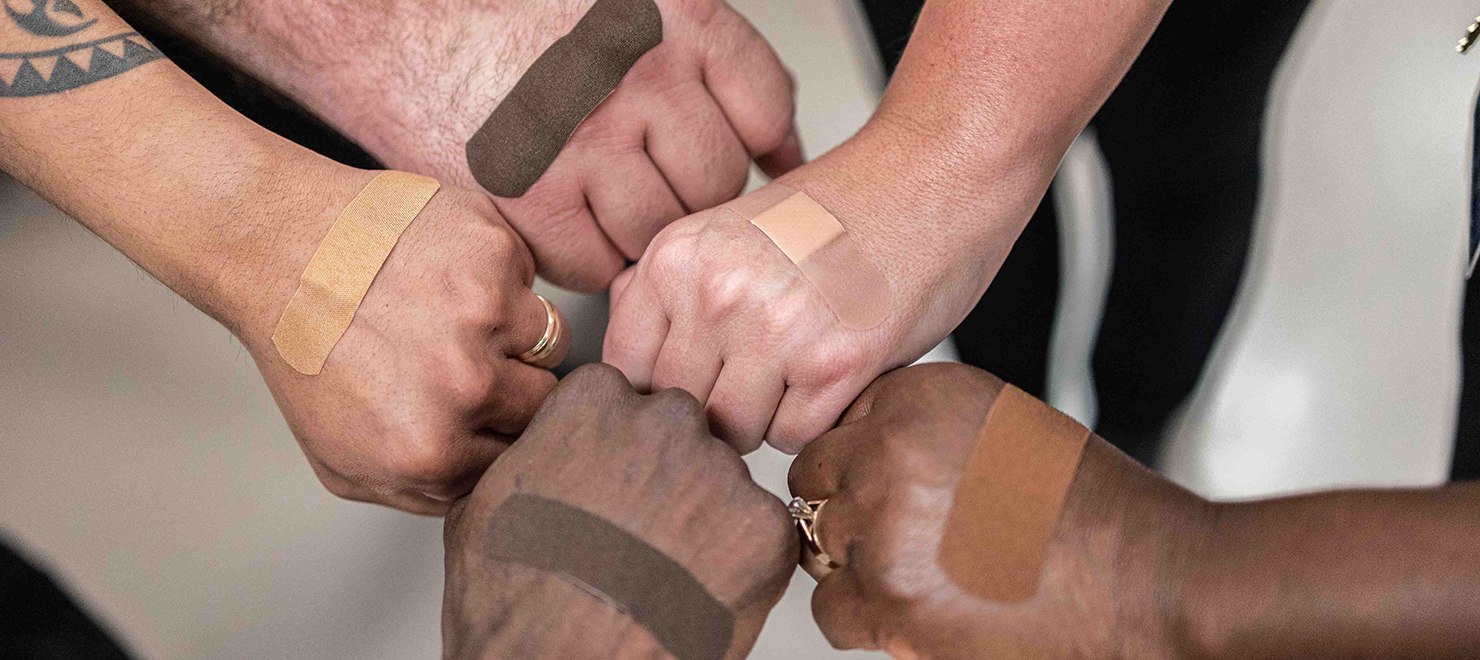
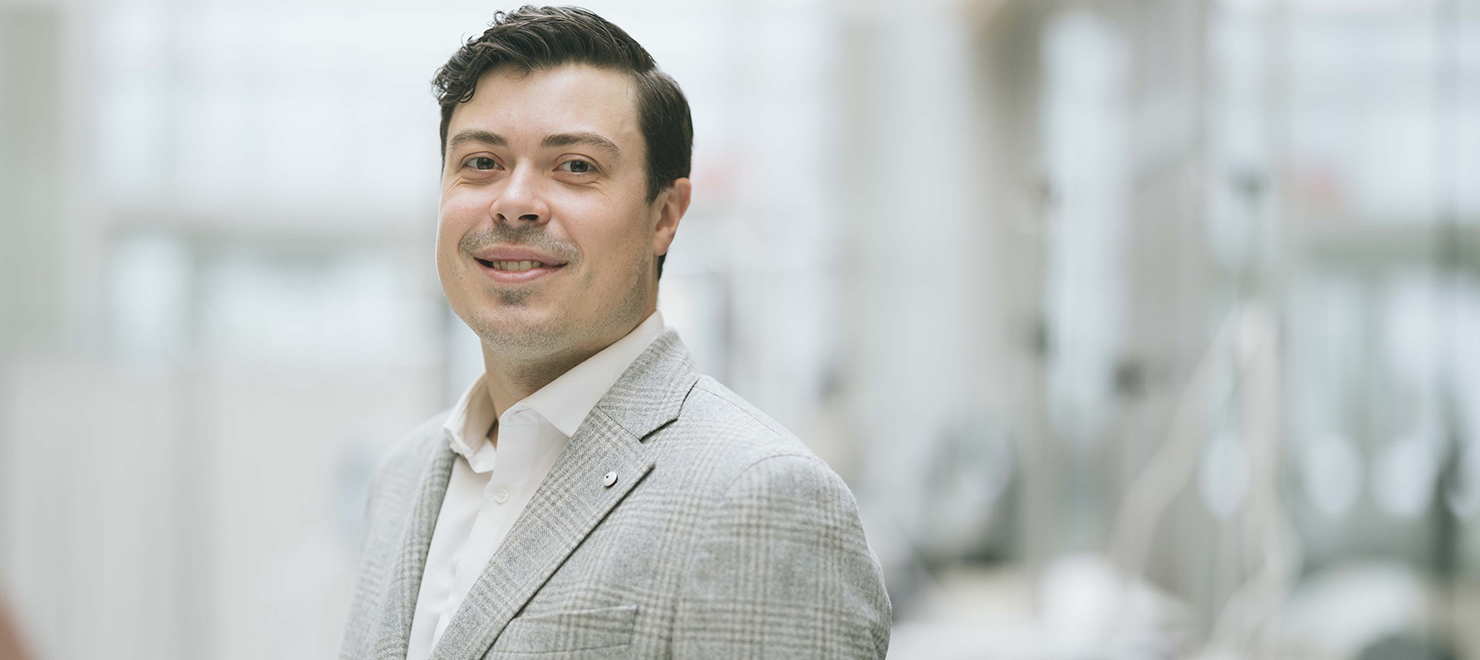
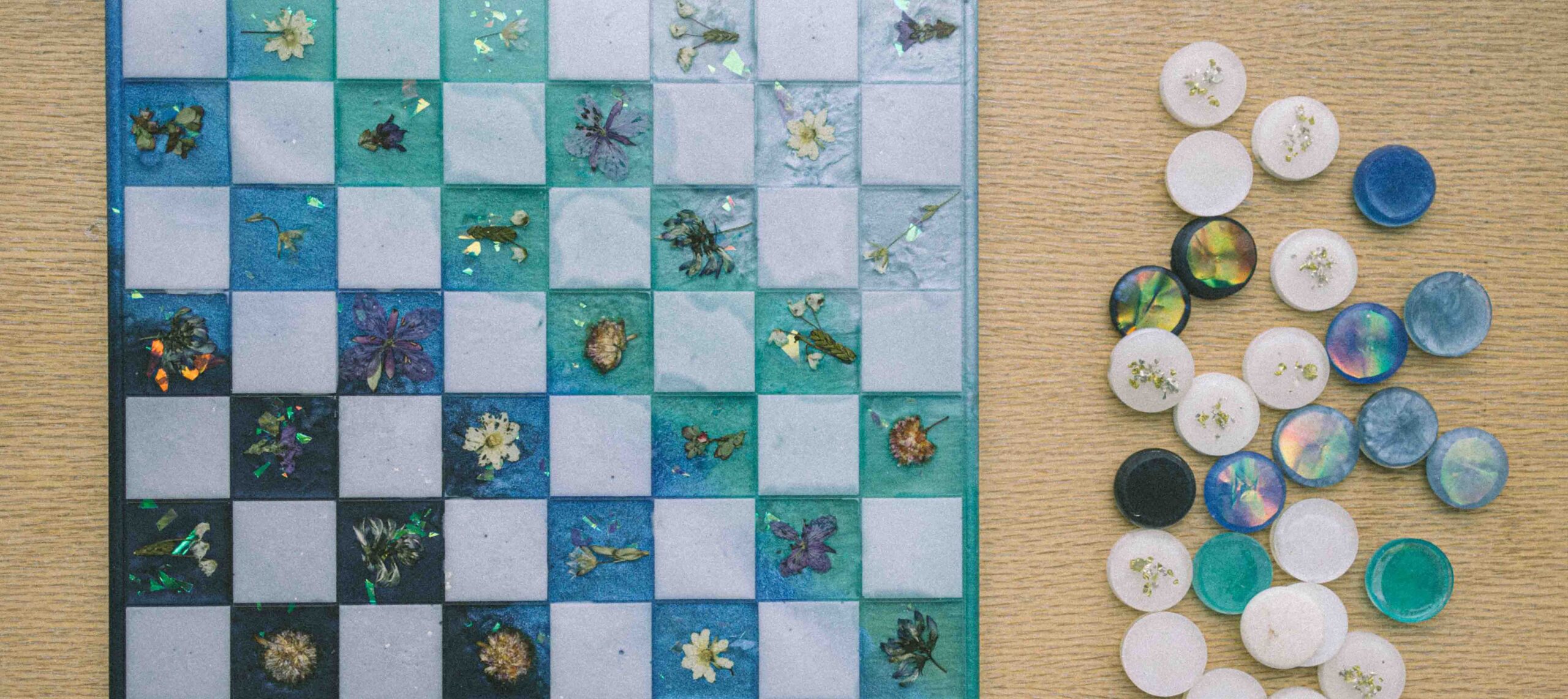
Comment on this post